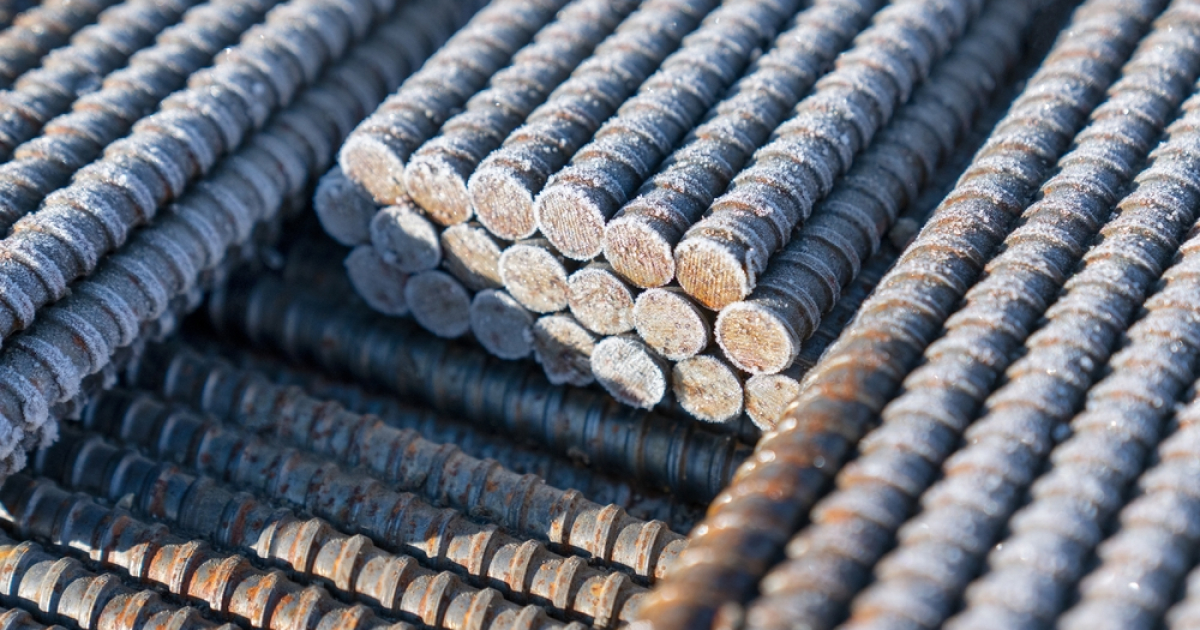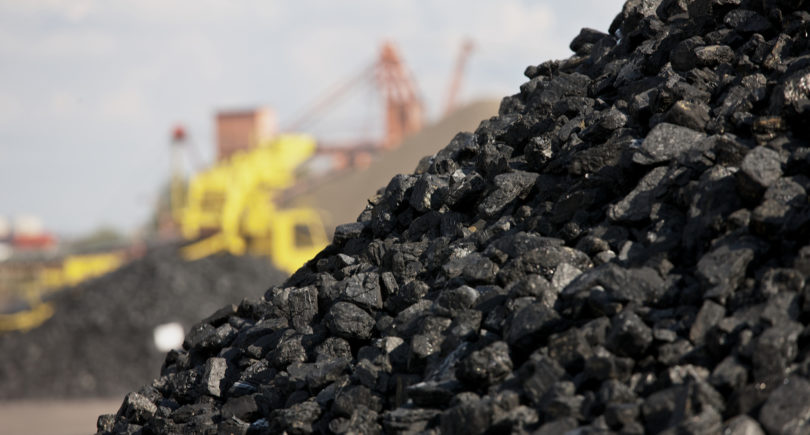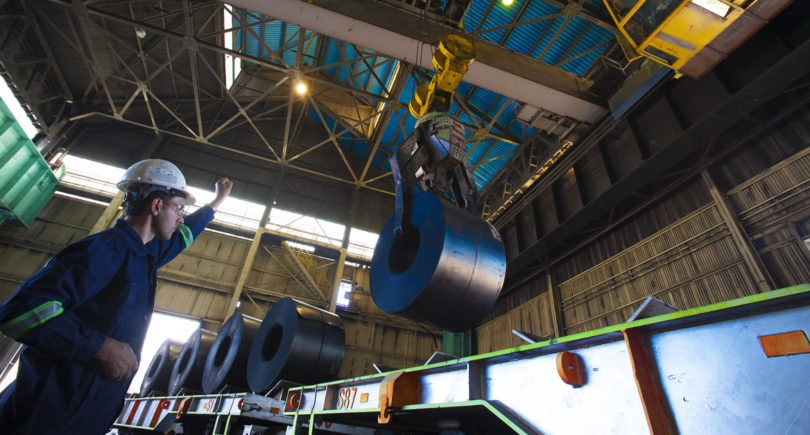
News Global Market EU 1017 20 September 2023
Construction investment in Europe fell, as did steel prices
In the future, the EU may make the distribution of quotas for graded rolled steel in the «other countries» category more rigid. Such a forecast was given during the profile conference by FD Baysal, head of the IREPAS trading committee, representative of Seba International, informs SteelOrbis.
According to him, the situation on the European steel market has changed dramatically – demand and prices have fallen significantly, interest rates have increased, and investments in construction have decreased.
According to the expert, the increase in the import of rolled products does not carry a risk comparable to the increase in the supply of flat products to the EU. However, the European Union, protecting its market, may increase quotas for these products in the «other countries» category in the future due to the increase in exports from Egypt and Algeria.
The EU continues put pressure on Russian steel products with the help of sanctions, so, as Baysal noted, Turkiye has reduced its exports of rebar due to the impossibility of using billets from the Russian Federation for the manufacture of products intended for delivery abroad. As the country loses its export markets and steel mills face protectionist measures from the EU and the US, Turkish industry needs support from the government.
The representative of Seba International also noted that Chinese steel mills have not yet reduced steel production, which is causing concern among global suppliers. If the products are not consumed domestically, the volume of Chinese exports will increase.
As GMK Center reported earlier, in the survey released in August 2023, the International Association of Rebar Producers and Exporters (IREPAS) noted that the producers of rolled products are pressed by deceleration global market, demand for rebar and wire rod remains low. In addition, there is fierce competition from new exporters – Algeria, Egypt, UAE and Saudi Arabia.
ALso, world prices for rebar during September 5-12 were mostly stable. Markets froze in anticipation of the beginning of the autumn construction season, maintaining low levels of sales.




